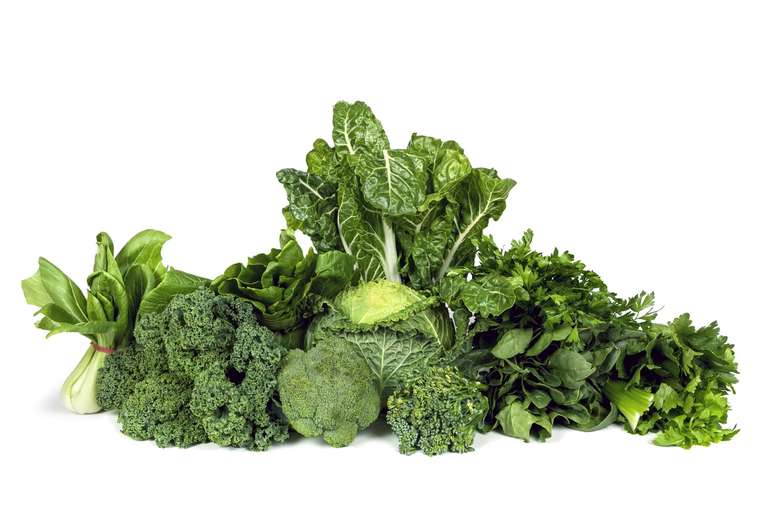Vegetables rich in fiber and other nutrients help control this condition
High blood pressure, diabetes or pre-diabetes, high cholesterol and excess body fat, especially around the waist, are a set of symptoms that characterize the so-called metabolic syndrome, a common threat to cardiovascular health.
According to the National Institutes of Health, approximately 1 in 3 adults in the United States suffer from this condition. While genetics are important, lifestyle changes can reverse the situation.
Managing metabolic syndrome means exercising, sleeping well, maintaining a healthy weight, and paying more attention to the nutrients you consume. Below are six vegetables that you should add to your diet, as they are rich in fiber and other healthy compounds:
1. Broccoli
Broccoli may help improve insulin sensitivity, a 2021 study published in the journal Frontiers of nutrition. This vegetable is low in calories and contains nutrients that benefit metabolic health. Sulforaphane, a substance known for its antimicrobial and anti-inflammatory properties, is one of these.
2. Artichoke
Artichoke hearts are a good source of manganese, a mineral that plays an important role in glucose and carbohydrate metabolism. Additionally, they are a good source of potassium, which helps maintain healthy blood pressure. Cooking artichokes is simple: you can steam them, grill them and even cook them in the microwave.
3. Spinach
Cooked spinach contains notable health benefits. In a 1-cup serving, you can acquire 19% of your daily requirement of calcium, 33% of iron, and 17% of potassium. This raw vegetable should be stored in the refrigerator and consumed immediately, so that it does not become slimy, or you can also enjoy its benefits by using the frozen version.
4. Cabbage
According to a 2022 study published in the journal Antioxidants, metabolic syndrome is associated with oxidative stress, which increases the risk of other chronic diseases. Vitamin C, a well-known antioxidant found in cabbage, helps protect the body from the harmful effects of this oxidative stress. This food is also rich in fiber, which helps control blood sugar and satiety.
5. Peppers
Peppers contain capsaicin, a substance associated with numerous benefits, from helping raise HDL (known as “good cholesterol”) to reducing the risk of chronic diseases like diabetes and hypertension. This food can also increase your metabolism.
6. Kale
Kale is also rich in vitamin C, which helps fight oxidative stress. This vegetable is an excellent source of fiber, which helps avoid blood sugar spikes, a common consequence of metabolic syndrome. It is also rich in fiber and vitamin K, which has interesting anti-inflammatory properties for those suffering from metabolic syndrome. Some studies also associate this vitamin with insulin sensitivity.
Source: Eating Well
Source: Terra
Ben Stock is a lifestyle journalist and author at Gossipify. He writes about topics such as health, wellness, travel, food and home decor. He provides practical advice and inspiration to improve well-being, keeps readers up to date with latest lifestyle news and trends, known for his engaging writing style, in-depth analysis and unique perspectives.


-sopo9aatjhvd.jpg)





